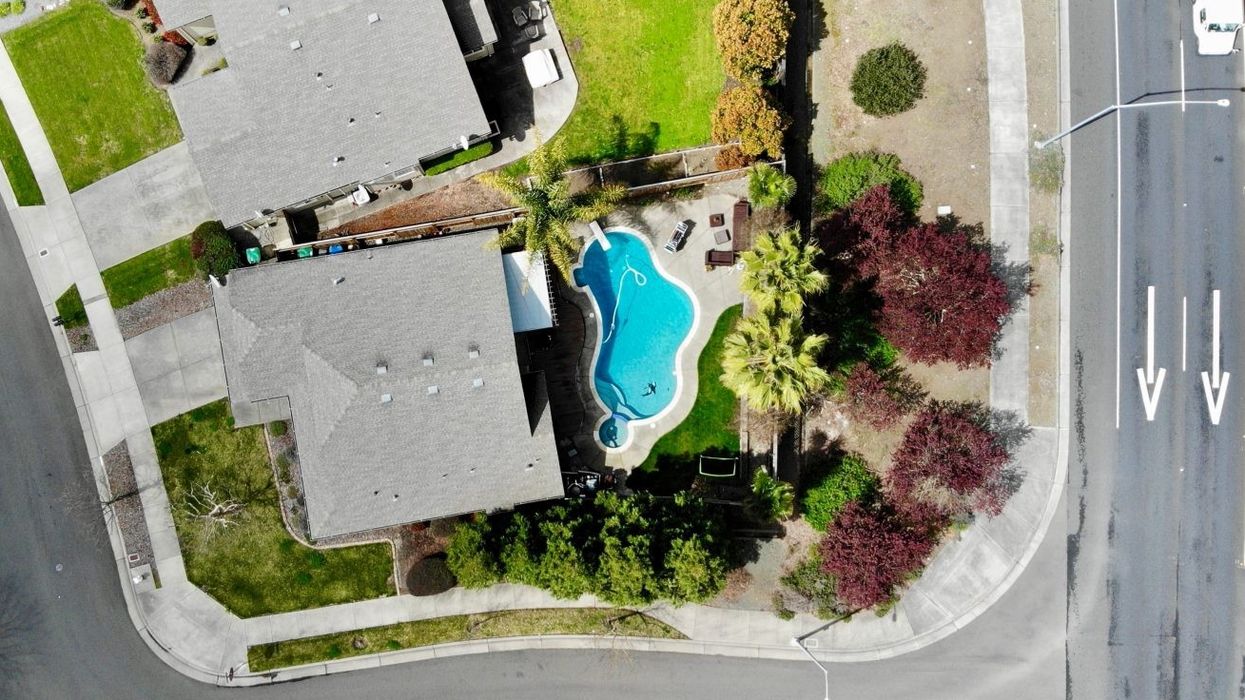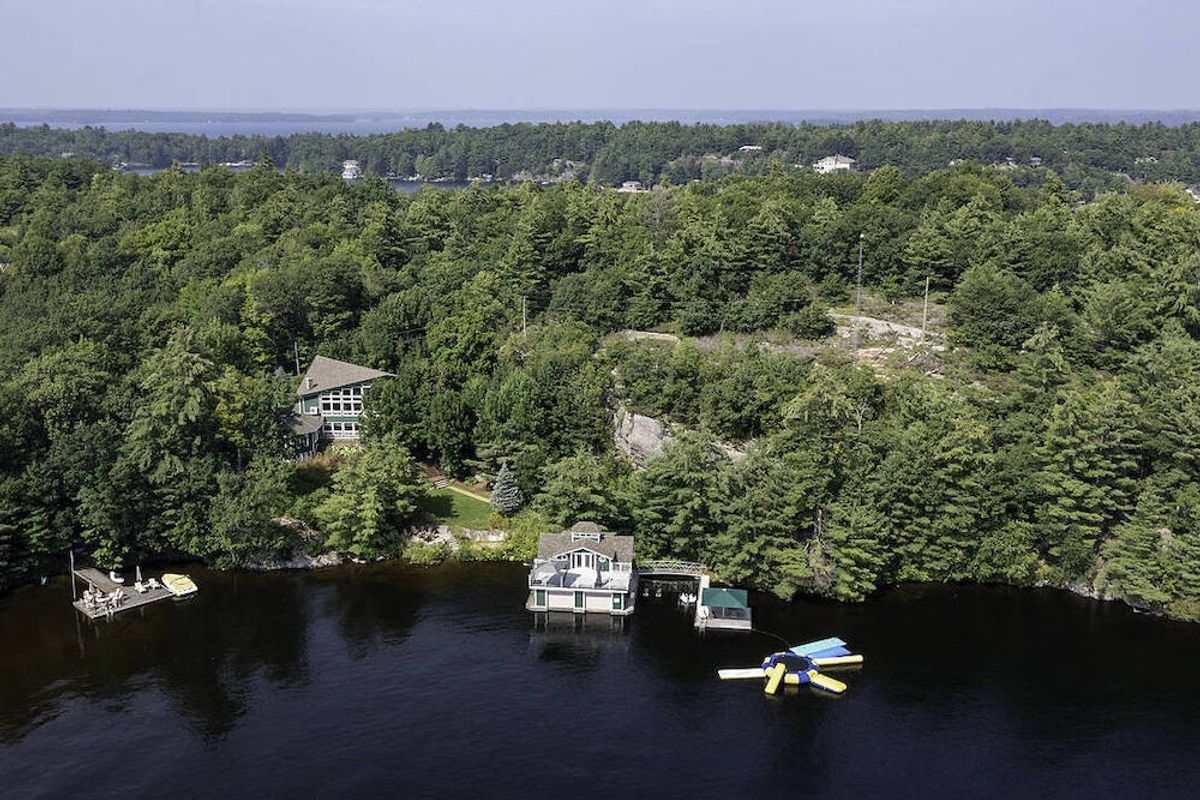Gagan Verma is a closer.
Making his name in automotive sales for Hyundai and Acura, Verma carried that same success to become a stand out real estate agent for Royal LePage Signature Realty where he specializes in new and upcoming developments in Toronto and residential resale in the Heartlake region of Brampton.
A lot of those homes feature pools and since summer is the season for swimming, pools are a hot topic at the negotiating table. As an expert negotiator for his clients, Verma sees everything as a point of negotiation under the right circumstances, including the pool, making him the right man to answer this week’s question.
What do you do if you really want the house, but don’t want the pool it comes with?
If the pool has some defects, that’s always a point of negotiation, but it’s up to the seller if they want to negotiate. If the seller has other offers, there is not much you can do.
But, if you know the property isn’t selling because of the pool and you really like the property, it's worth negotiating. There are lots of ways you can convert a pool back into a backyard or deck. And you can also always shut it down too. In order to do that all you need is a permit from the city, then you can turn it into whatever you want. If you're willing to pay for it. And it’s not going to be cheap. Converting a pool can be a long and expensive process, but if the buyer really likes the property and it’s a dream home, sometimes it’s worth it.
READ: 9 Toronto Patios You Must Check Out For The Pools, Views, Cocktails And More
If the pool isn’t in great condition, the odds of getting a lower price is greater. Get the pool inspected by a pool inspector. If it comes back with deficiencies, take that to the negotiation table. It’s not cheap to fix a pool. You have to take all the water out, fix it and then put the water back in. And, of course, you have to clean it out often. That’s why it’s so important to get the pool inspected before you buy it. Once the pool inspector comes in, they'll check for leaking points, the health of the water, the flooring and the tiles. If they find contaminated residue, it becomes a little bit of a concern. But the most important thing is checking for leaks. If the pool is leaking, it'll need to be fixed right away.
If the pool is indoor, however, it’s a negotiating advantage to the seller because you can use year-round. The thing with an outdoor pool is you can only use it four months in the year because we live in Canada, so a major concern with an outdoor pool is useability, which gives a negotiation advantage to you as the buyer.
READ: You Can Now Rent People’s Swimming Pools In Toronto With This Airbnb-Style App
For the seller, the best time to sell a home with a pool is in the summer because that’s when people really want one. For the buyer, if you’re buying a house with a pool off-season, you can get a better deal for sure.
When it comes to wanting the house, but not the pool: if you still really like the home, just go for it. Just keep in mind the size and depth of the pool. If you have kids, be a little more cautious. And don't forget, you still have to clean it once in a while.
As a buyer who still doesn’t really want the pool, there’s one more trump card. Ask the seller for the pool permit before you buy. If the seller can't produce a permit, chances are the pool was not done properly. This will be a problem if the city comes to you later with a work order. I'd advise my clients against buying a home if the seller can’t provide a permit for the pool. But, for someone who doesn’t want the pool anyway, that can be a huge part of the negotiation. The lack of a permit means you can shut down the pool because it wasn’t properly done by the seller anyway. Then, once you have the permit, it has to go through inspection and get a pass from the city, just like a basement apartment.
READ: What Exactly Happens After An Offer Is Accepted?
The takeaways are, always get the permit, check the health of the pool, make sure the inspection is clear. If you like the property but don’t care about the pool, it can be a part of the negotiation if it has some deficiencies.
If what you’re buying is a condominium with a pool and a few months later the pool needs some sort of repairs, your maintenance fee is going to increase by a lot because the pool is always the most expensive thing to fix in a condo building. When you’re buying a condo, always check the status certificate, so you can see how much money the building has in their reserve fund for things like pool repair. If the reserve fund is low and you’re buying a condo with a pool, that can be a big concern and a big point of negotiation as well.
Do you have a real estate question? Let us know on Twitter, Facebook or via email at info@storeys.com























